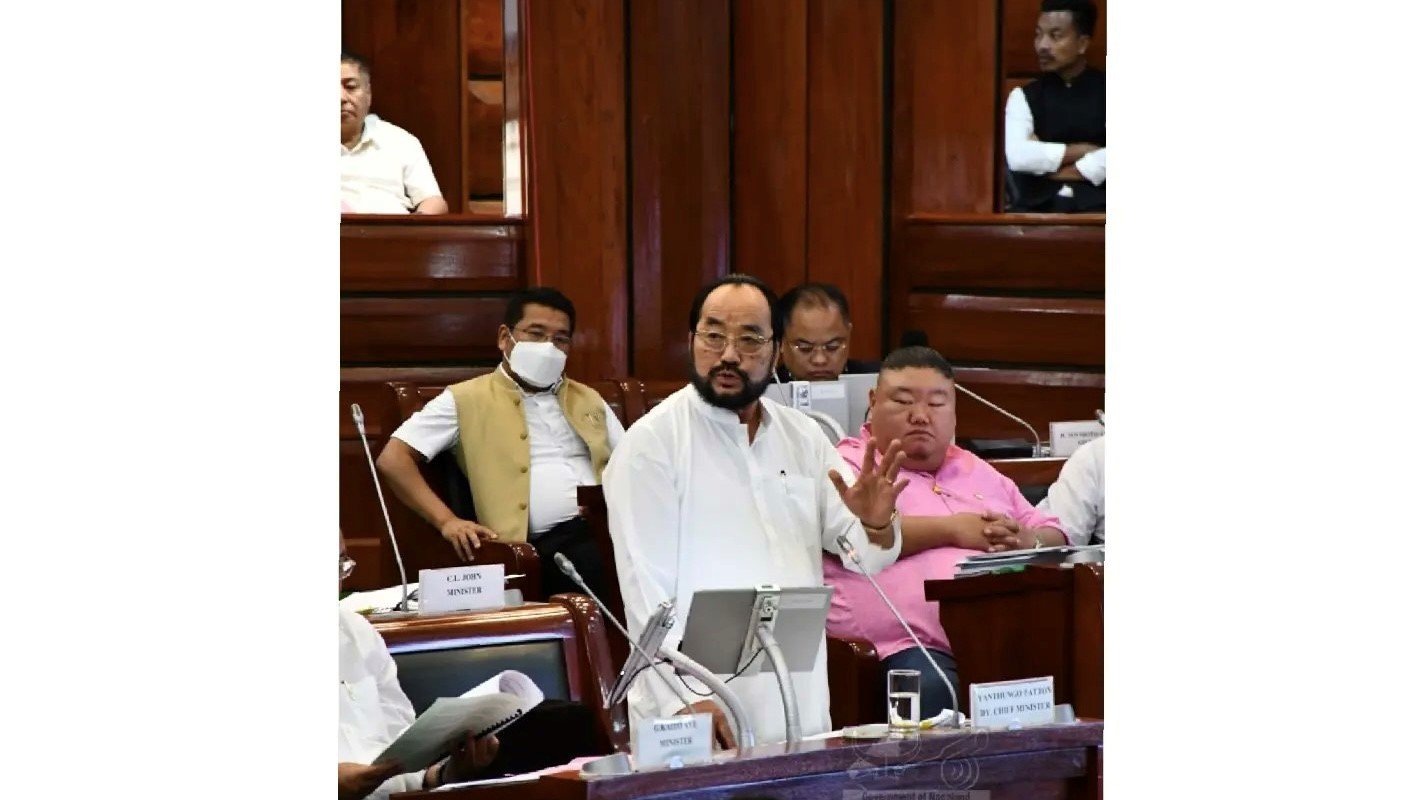Responding to the supplementary question raised by Kuzholuzo Nienu on the matter of guidelines and rules for phone tapping, Deputy Chief Minister (Home) Y. Patton stated that, “There are rules and SOPs which has been necessarily followed by the law enforcing agencies. We cannot disclose all the phone tapping because of confidential matters, so degree of confidential has been necessarily maintained regarding the law for interception given the very critical purpose for such interception which are in the interest of security of the State or public order or for preventing incitement to the commission of an offence.”
Patton mentioned that telephonic interceptions are carried out under section 5(2) of Indian Telegraph Act 1885, on the occurrence of public emergency and in the interest of public safety or in the interest of sovereignty and integrity of India, the security of the State, friendly relation with foreign States or public order or for preventing incitement to the commission of an offense, by the Government. In the interest of security of the State, public order and for preventing incitement to the commission of an offence, the number of phone tapping done is confidential.
A maximum of 7 (seven) days of Interception is conducted by Surveillance Cell at PHQ as per requisition made by DEFs/Police Stations through the Unit Commander to IGP rank officers, under all necessary approaches followed by the concerned authorities for emergent request order, highlighted Patton. “For Regular Request Order, the requisition is sent to the Home Commissioner for approval through IG rank officer for a period of 30 or 60 days. The approved Orders are sent to DoT as per SOP,” added the Deputy Chief Minister.
Download Nagaland Tribune app on Google Play

In response to the starred questions posed by MLA Khuzoluzo Nienu with regard to the state following the rules and Standard Operating Procedures (SOPs) during interception of telephonic conversations, Patton stated that the State has been following the rules in accordance with section 5(2) of Indian Telegraph Act 1885, Indian Telegraph (Amendment) Rules 2007, Section 69,69 A and 69 B (IT Amendment Act, 2008 and Information Technology (Procedure & safeguards for interception, monitoring & Decryption of Information) Rules, 2009. He also apprised the House that there are NIL reports of machineries obtained from hacking of mobile phones.

